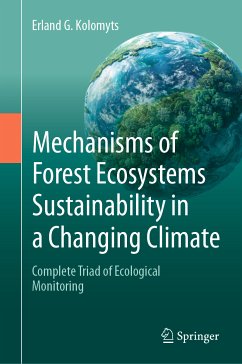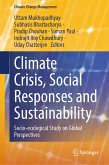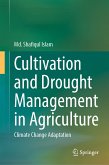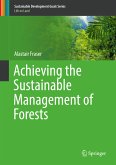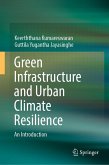The author's working concept of geo-ecological monitoring is presented. For the first time, the full triad of monitoring in its classical definition is considered: "observation (state assessment) - control (prediction) - management (adaptation, feedback, regulation)". The strategic goal of described monitoring research is to reveal the environmental otential of sustainablility of forest ecosystems in the context of modern global warming. The monograph expounds the main statements of author's topo-ecological predictive concept: "Global Changes on the Local Level", as a basis of ground bio-ecological and geosystem monitoring of natural ecosystems under global anthropogenic climatic changes. This concept makes it possible to carry out local empirical simulation of the regional bioclimatic trend and thereby reveal the mechanisms of transmission of global and regional climate signals to the local level.
On the example of the Volga River basin, predictive empirical-statistical models of the carbon balance of forest ecosytems are presented under conditions of a changing climate. The carbon content in various pools of boreal and nemoral forests were calculated. The global climate models give prognostic estimates of the components of them carbon balance. A quantitative assessment of the ecological resources of forest formations that provide the environment sustainability through mechanisms of regulation of the carbon cycle is given. The adaptation of forest ecosystems to climate change is described through the calculated parameters of their functional sustainability.
Dieser Download kann aus rechtlichen Gründen nur mit Rechnungsadresse in A, B, BG, CY, CZ, D, DK, EW, E, FIN, F, GR, HR, H, IRL, I, LT, L, LR, M, NL, PL, P, R, S, SLO, SK ausgeliefert werden.

